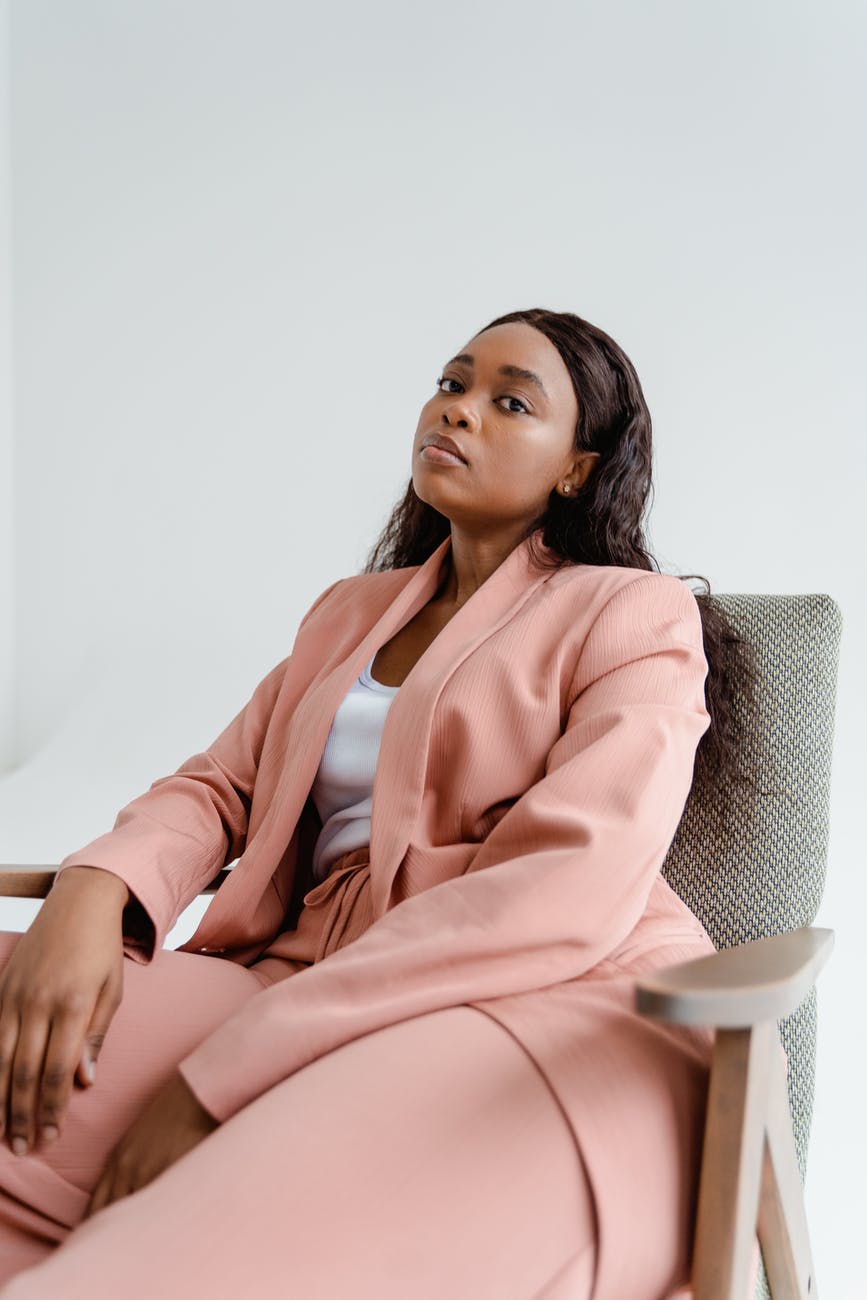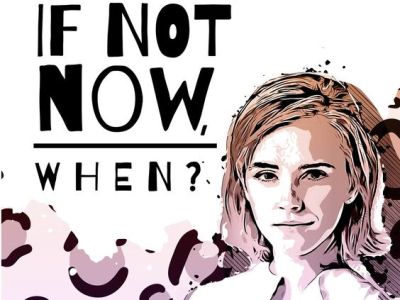
That
flawless skin!
Definition of beauty has evolved to focus on appearance and perfect skin
Skincare has evolved this decade and transformed the definition of beauty.
Skin positivity movement since it started has given the message of loving your skin. To be comfortable in your own skin, living with it and expressing it in your own way. Beauty products have evolved this decade giving a positive outlook to how women look. The pivotal change has helped gain confidence in women and see them from a new angle.
What does skin positivity highlight?
Skin positivity in a crux is all about skin love. It’s the way you see your skin. The social movement started on Social Media on why the way we look at our skin needs a positive outlook. The idea is to stop feeling insecure about the way we look and not be ashamed of it.
A few years ago, a video about a baby went viral on Instagram where she says “Mommy, I’m ugly” and cries out. The notion of perfect skin lies deep-rooted from the millennials, Gen Z & the old aged.

We all love skincare, which is part of our daily routine, day and night. But the makeup musings on how to look perfect is portrayed wrong, changing your identity doesn’t make you perfect. It makes us question, who we really are?!
Why do women prefer beauty products?
Looking good or glamorizing oneself is to not to change their look or gain attention or spike the male gaze. The idea about looking good & using beauty products is matched with dressing up for the feel-good factor. A cherry on a cake.
You’re beautiful, the makeup is just a stylist. You are the real art!
Next time you see women advocating for themselves, don’t ask why women wear makeup if they want to be comfortable in their own skin?!
We are comfy. We are just styling it a notch up!
Normalising the dusky skin look
The Brown skin – described for Indians as the brown-skinned person. Often the term sparks racism when hatred loops in. But, the brown skin has now become a fashion statement, the dusky skin look- the natural colour. Given the positivity, the beauty industry embraced with brown skin, the idea of self-love grew.
5 million women in India have been categorised under various shades, but globally we are termed as “brown-skinned girls”. Brown colour, which is based purely on the colour and often told in a fantasised way. It became a fashion statement worldwide.
How ironic, when the world sees brown-skin beautiful, but we consider it ugly?!

“I don’t think there is anything wrong with being fair, but it has become such an obsession in our country that it is all we look for in beauty. There are so many stunning people who are dark-skinned and it should be celebrated. I would love to have a product that makes me darker.”
-Kalki Koechlin
Definition of beauty throughout ages:
How makeup was marketed in the 90s “breakthrough, so new and so sheer” and today the social media and a YT video is way more compelling. These beauty vlogs people follow gives a new image of how people are changing their lifestyle with positivity.
Today, consumers who are well informed of neutralizing the beauty culture- have more control over what constitutes beauty.
To down track the idea of how one looks and how one should look according to the beauty standards created across the industry, we are losing the individual identity of staying true to ourselves. To gel into the mass definition of beauty is costing women their space and their mind to the idea of where they fit in.
In 2019, study from the University of Copenhagen and other universities , according to the group of computational scientists deployed machine learning to analyse 3.5 million books. The books were in English between 1900 to 2008. The books include a mix of fiction and non-fiction literature.
And the results showed ” the words used for women refer much more to their appearances than the words used to describe men”
‘Beautiful’ and ‘sexy’ are two of the adjectives most frequently used to describe women. Commonly used descriptors for men include ‘righteous’, ‘rational’ and ‘braveUniversity of Copenhagen
I look at people like I look at art, a thoughtful idea, a strong character. A story.
You may also like
Dark, bold and beautiful!
A woman is more than her colour. To this date, women across the world are judged upon their colour, body and labelled according to their appearance. Where fair complexion means beautiful…
Keep reading5 self care ways to treat yourself to if you’re bored in lockdown
Well hello there! Feeling lousy and blank to go through the day. Wish to have that chai or a coffee break as long as you wish? Well, the pandemic has made…
Keep readingInternational Women’s Day!
There is a wall of silence about violence against women and girls, and every time a woman speaks out it breaks a crack in the wall – Marai Larasi Source: Pinterest…
Keep reading


